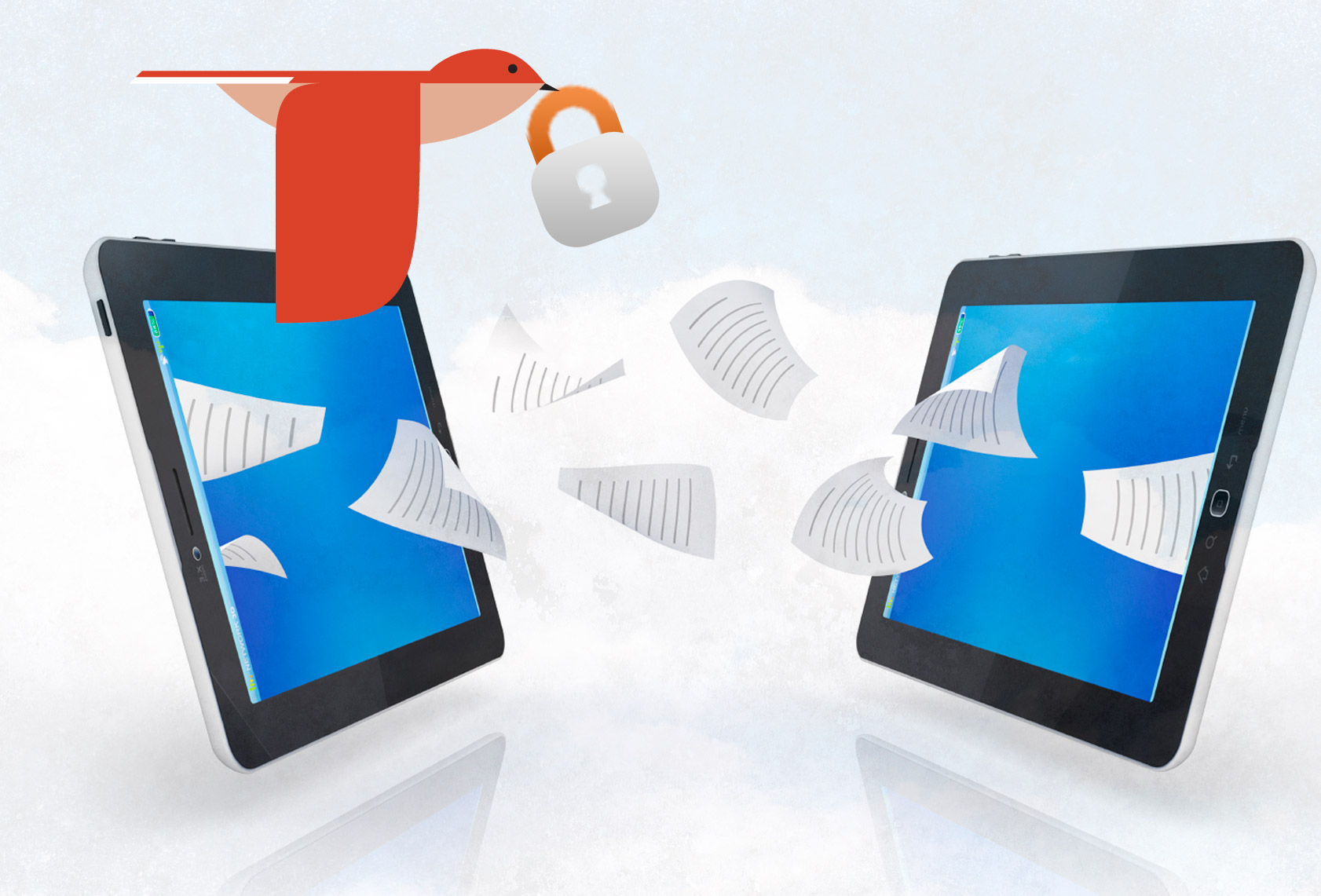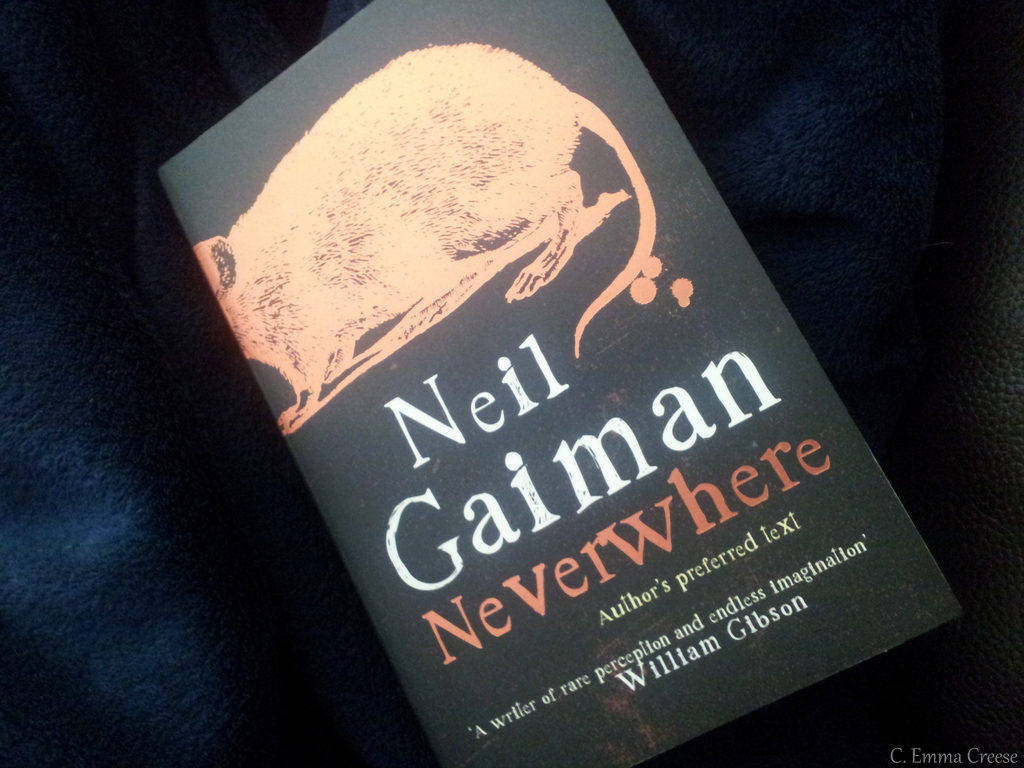(The Verge) – Illegal file-sharing has been an issue for over a decade, and the music industry has been hit hard as a result. Since file-sharing sites such as Napster launched in 1999, music sales have declined dramatically, with overall sales cut in half from ’99 to 2009. Despite these hard times, it seems that the music industry is starting to bounce back, with music sales seeing an increase last year as well as online piracy declining.

[Image taken from news.cnet.com]

[Image taken from en.wikipedia.org]
IFPI chief executive Frances Moore told the Hollywood Reporter, “It is hard to remember a year for the recording industry that has begun with such a palpable buzz in the air”.
As if this wasn’t good enough news for the music industry, The NPD group reported that illegal file-sharing saw a significant decline in 2012. The percentage of people age 13 and older downloading music from peer-to-peer sites dropped from 13 percent in 2011 to 11 percent last year. The amount of users downloading from P2P sites peaked in 2006 with one and five people, showing a steady decline. NPD also reported that there was a 26 percent decrease in 2012 of music file-sharing, and that the amount of people legally ripping and burning music onto CDs fell by 44 percent.
These reports are all possible signs that online piracy may become less of an issue in the future. With more legal streaming services like Netflix and Spotify making it simple and convenient to stream media, as well as major internet service providers rolling out anti-piracy plans, , there is a good chance that the amount of illegal file-sharing will continue to decrease. This is all good news for content creators, since it should result in better and cheaper products released on the internet without strict anti-piracy restrictions.
Are you for or against file-sharing? Let us know in the comments!




